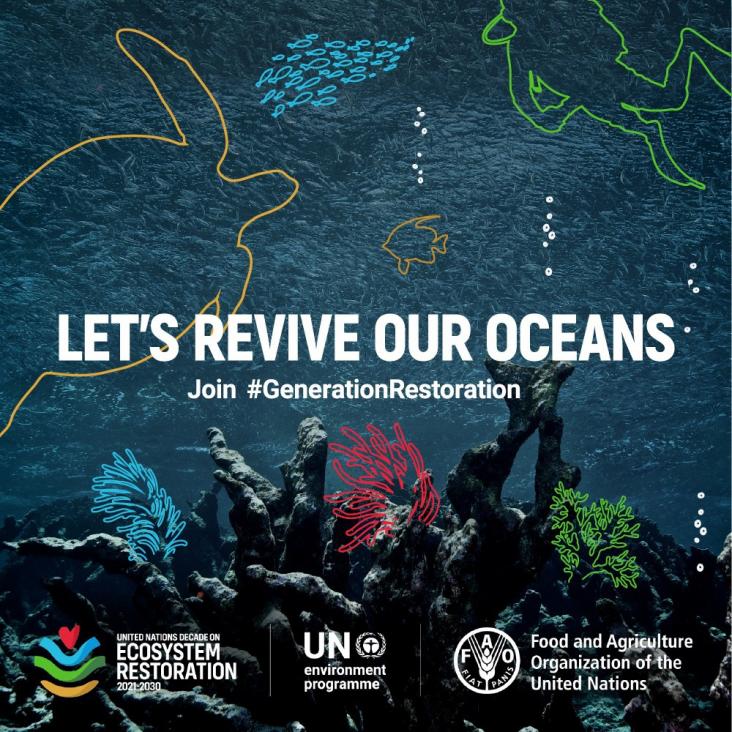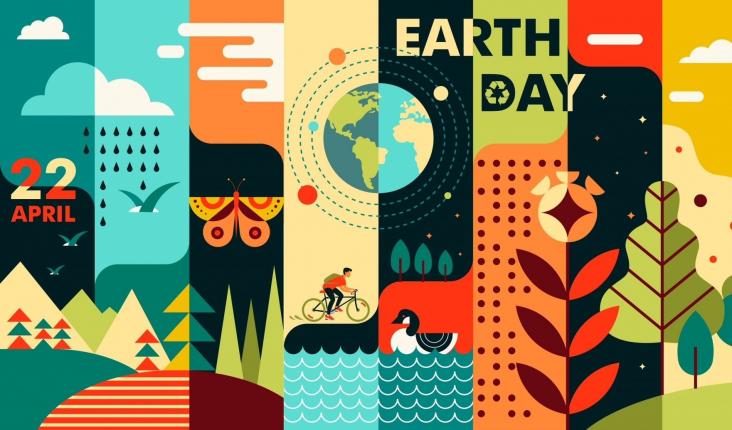Elsevier,
The Atlantic Walrus, Multidisciplinary insights into human-animal interactions, 2021, Pages 251-262
This book chapter advances SDGs 13, 14, and 15 by presenting an overview of the current management requirements regarding the hunting of Atlantic walruses. It highlights how management and regulation occur across local, national, regional and international levels and the importance of effective collaboration between hunters, scientists and managers for successful conservation.
This book chapter advances SDG 14 by explaining how biological factors that influence microbial structure and activity in coastal sediments include the various interactions between microorganisms involving trophic interactions such as competition, predation, and parasitism; between microbes and plants as well as the influence of benthic animals in the sediments.
Ostracod assemblages near the boundary between land and sea have been affected by multiple complex factors, such as regional climate and depositional and human-induced processes during the Late Holocene.

World Environment Day is the most renowned day for environmental action. Since 1974, it has been celebrated every year on June 5th, engaging governments, businesses, celebrities and citizens to focus their efforts on a pressing environmental issue. To mark World Environment Day 2021, Elsevier presents a curated list of free access journal articles and book chapters in support of this year's theme - Ecosystem Restoration.
Elsevier,
Comparative Biochemistry and Physiology Part - C: Toxicology and Pharmacology, Volume 242, April 2021
This article advances SDG #14 by looking at the impact widely used antibiotics are having on aquatic organisms when they are excreted unchanged into enter our water bodies.
The clown anemonefish (Amphiprion ocellaris) is a common model species in studies assessing the impact of climate changes on tropical coral fish physiology, metabolism, growth, and stress.

Earth Day is widely recognised as the largest secular observance in the world, marked by more than a billion people every year as a day of action to change human behaviour and provoke policy changes. This day recognises and celebrates the Earth and its ecosystems as our home and highlights the need to protect earth to enhance people’s livelihoods, counteract climate change, and stop the collapse of biodiversity. To raise awareness of Earth Day 2021, Elsevier presents a curated list of free access journal articles and book chapters in support of this year's theme - Restore our Earth.

World Water Day is an annual United Nations Observance focusing on the importance of freshwater and raising awareness of the 2.2 billion people living without access to safe water.To raise awareness of the value of water, Elsevier presents a curated list of free access journal articles and book chapters. At Elsevier, we are advancing #SDG6 research and ensuring that #Everydrop counts.
Anthropogenic activity is a major driver of seabird injury and mortality in the 21st century.

There exist no future projections of fishery conflict that consider wider societal trends. This paper builds four future fishery conflict scenarios by using a multimethod approach.
